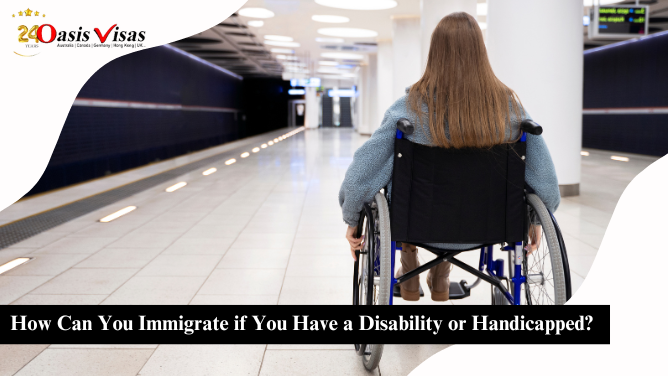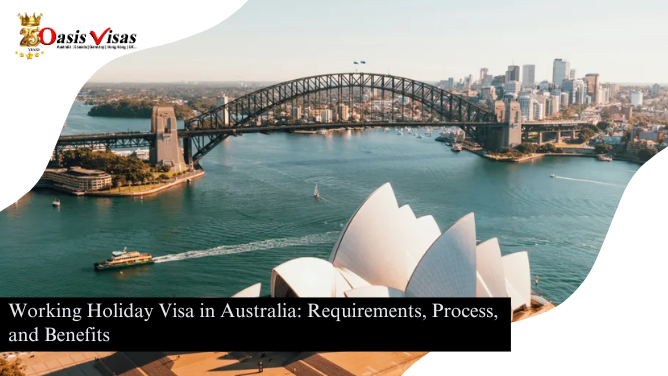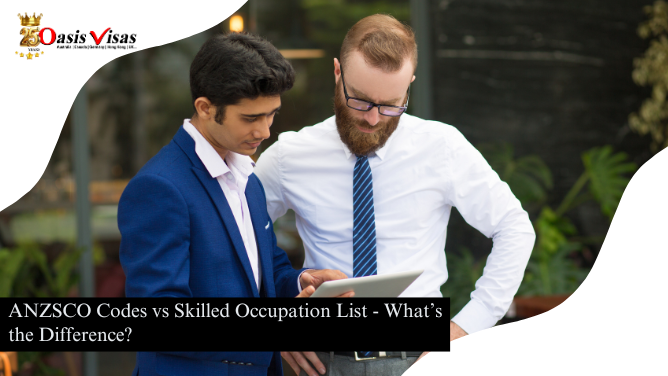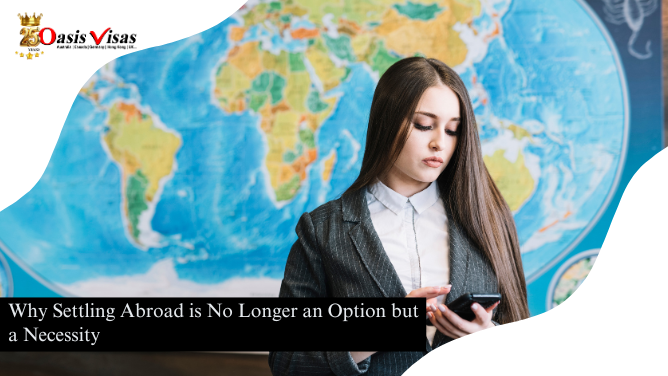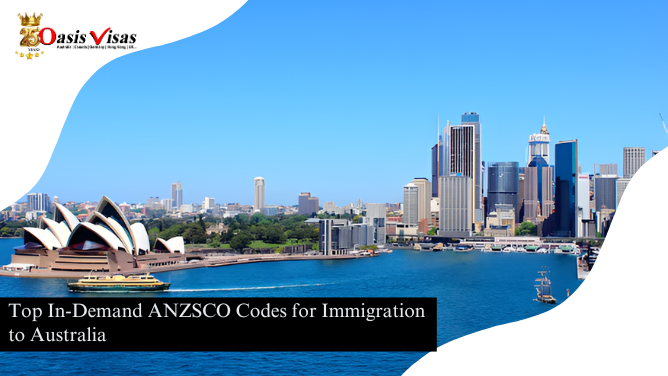
This is a big step to Immigrate if You Have a Disability, now opening many doors; however, it can be quite challenging, especially in the instance of being disabled or handicapped. Most people would think of how one can immigrate into this or that country in instances of disability or being handicapped. Well, there are certain pathways and considerations available that come into play here. But governments around the world are now committed to opening up new and fairer opportunities for people with disabilities who wish to migrate to and live in new countries.
In this blog, we explore a range of immigration opportunities available to those with disabilities, discussion of support provided, and some practical tips to further smooth the process.
Understanding Your Immigration Options
The initial stage of the process is, of course, understanding your immigration options. Because there are support programs provided for people with disabilities in many countries, these usually have criteria requirements for the candidates and in most cases, the assistance can be provided in a range of ways to make this transition a lot easier.
To answer the question “How can you immigrate if you have a disability or handicapped?” It’s important to study these programs well. It may further be used to study the number of available immigration programs for a person with disabilities, whether there is any general immigration that can accommodate persons with disabilities, and the eligibility criteria.
Application to Disability-Friendly Immigration Programs
Most countries will have some sort of disability-friendly immigration program or adjustment to their standard immigration policies. Such programs are designed in a way that accommodates special needs resulting from a particular condition. For example, some countries will have visa categories or give special assistance during an application.
Knowing these programs and their requirements is key if you have a disability and are considering how to immigrate. This may mean calling immigration authorities, seeking advice from a local organization dealing with disabilities or consulting an immigration lawyer who has experience with cases that involve disabilities.
Medical and Disability Assessments
Part of the process for immigration often includes medical assessments. In the event of a disability, an immigration application may very well include a medical assessment that ascertains that such a settler’s condition will not burden the healthcare system of their new country. It is essential to understand what such assessments entail and how they might impact your application.
This also depends on the country as some countries have provisions for disabled people, so being prepared with documents and a good medical history will help. Another other useful resource is consultation with a healthcare professional who is familiar with the immigration medical requirements.
Seeking Assistance and Advocacy
Immigrating into a foreign country with a disability can be complicated, and this requires the presence of the right support to make all the difference. Look for organizations or associations that have dedicated their resources to assist people with disabilities in processing their immigration. Such organizations would present invaluable resources, guidance, and sometimes even direct assistance.
They are able to answer questions that will come to mind, such as how one can immigrate with a disability, and guide them through the application process. It may also be possible to learn from other people’s experiences of processing their immigration while having some sort of disability by contacting these groups.
Adjusting to and Accommodating Your New Country
Once you have successfully immigrated you may have to make adjustments in your new environment. You need to know what kinds of accommodations and support services are available for you in your new country. Most countries have laws and regulations that require access to public spaces and services by people with disabilities. Knowing about the availability of resources will help you to settle better.
This could be accessible housing, transportation options, and community support services. Being able to research these resources in advance may be a better way to prepare for your life in your new country.
Cultural and Legal Differences
Different countries have different attitudes and legal differences pertaining to disabilities. Understanding the cultural and legal environment that you will be entering when you immigrate with a disability can get you attuned to your new home so much more easily. This would enable you to learn about the views and accommodations pertinent to people with disabilities in your new country.
It involves the study of the legal rights you might be entitled to, along with an understanding of the cultural norms about disabilities. Being informed can help you navigate the potential difficulties and advocate for yourself effectively.
Documentation and Preparation
In case of immigrating with some kind of disability, proper documentation will be your key. Get ready with all the papers related to your disability, starting with medical records to proof of benefits arising out of disabilities and any other related paper-work. This documentation will be useful for your immigration application and in terms of accessing services and accommodations when you are in your country of choice. Good record-keeping will cure many ills and avoid delays in the process.
Practical Tips for a Smooth Transition
Some practical tips that would make the transition to immigration smoother, if one happens to have a disability, are as follows:
- Plan Ahead: Plan in advance to have sufficient time to apply and collect documents.
- Seek Advice From Professionals: Who deal with immigration cases relating to disabilities.
- Connect with Support Groups: Such as organizations specializing in disabilities.
- Know Your Rights: Know what rights and services are available in your new country.
- Keep Informed: Follow updates in immigration policies and the delivery of support services.
Immigrating if you have a disability or are handicapped may seem daunting, but with the right information and support, it is entirely possible. Understanding your options, seeking out specialized programs, and preparing thoroughly can go a long way in ensuring success in the immigration process.
Also, let it be remembered that every juncture marks the availability of much help in the form of resources and organizations working toward the needs of people with disabilities, and their usage can make the journey smooth and more tangible. In essence, it’s about being informed, seeking support, and taking steps proactively to ensure your move to a new country is as seamless as possible.



